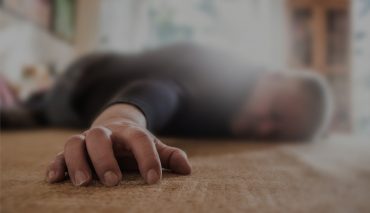When the Yellow Wiggle, Greg Page suffered a sudden cardiac arrest while leaving the stage after performing at a bushfire relief concert in early 2020, it raised headlines around the world.
Like rugby league legend Garry Jack, who we wrote about earlier this week, Greg was saved thanks to early CPR and defibrillation administered by a nurse who happened to be in the audience. Her assistance was the difference between a paramedic arriving to a viable patient who can respond to treatment, or not.
Greg Page’s experience has since turned him into a crusader for higher rates of CPR training in our communities, and an advocate for more extensive availability of public access defibrillators. One of his most notable efforts has been, as you’d expect from one of the founding members of The Wiggles, creating a song that teaches children the fundamentals of CPR.
The idea of addressing the staggeringly high mortality rate of out-of-hospital cardiac arrest (OHCA) by teaching CPR to children is not new – but it is proven.
For example, ten years after Denmark introduced a national program to teach CPR in schools in 2005, people who suffer OHCA in Denmark were three times more likely to survive. By 2010, nearly one in two patients suffering an OHCA (45 per cent) received “bystander” CPR from someone other than a health professional.
This is particularly remarkable given subsequent studies that have shown the relatively low take-up of Danish schools actually delivering CPR training to students under this program. While that situation is concerning in and of itself, it does highlight the potential; imagine how much more effectively the insidious high mortality of OHCA could be addressed were this program more rigorously applied?
Denmark achieved these gains well within a decade – which, when you consider how long it takes to effect genuine behavioural change within a large population, is remarkable.
In light of these successes, Greg Page’s efforts to teach pre-school-aged children the fundamentals of saving a life deserve all the exposure they can get.



